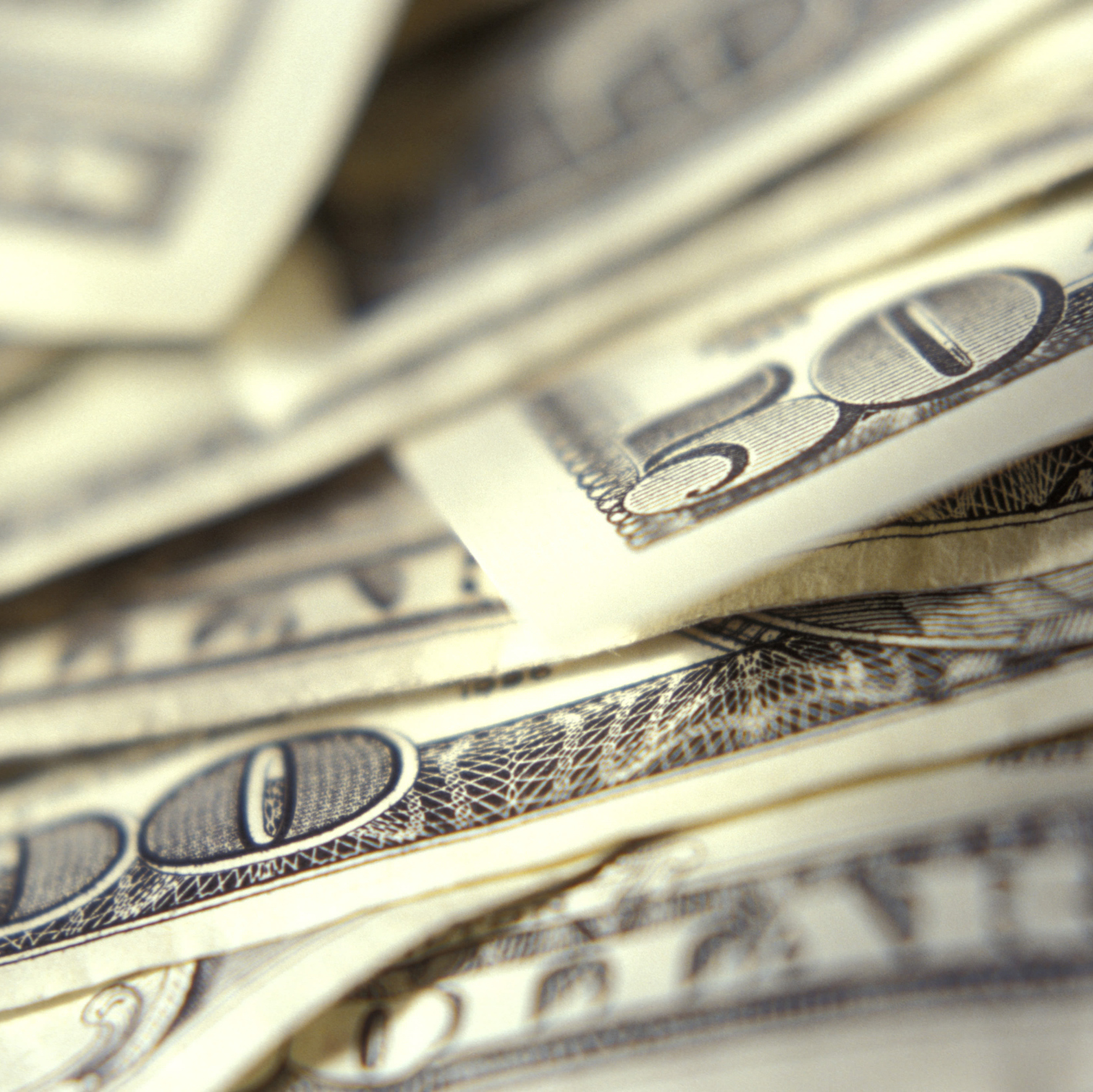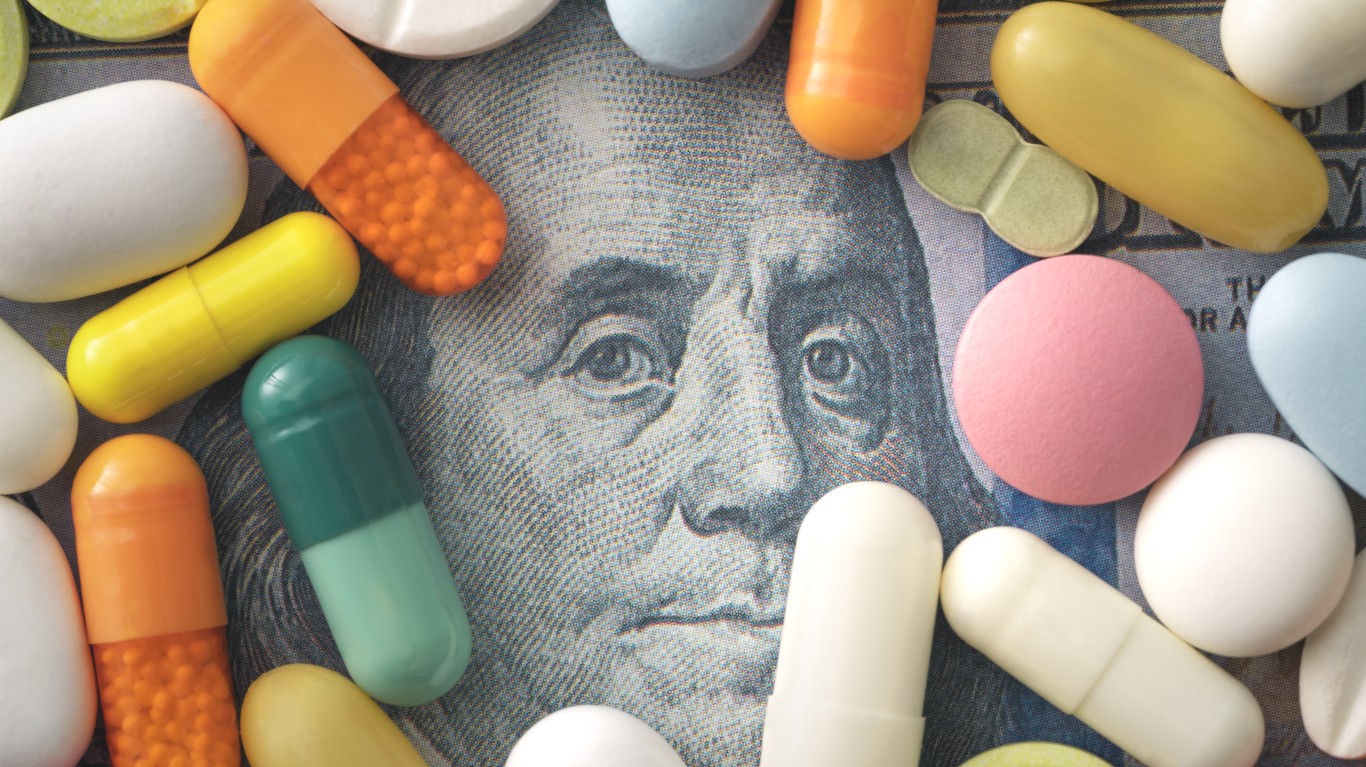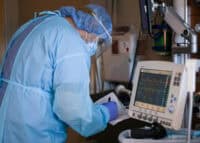
Some interesting news that hit late last week may have been much larger news had not been going into the weekend. In a time when government wrangling about drug prices is more than commonplace, news of a biosimilar for the mega-blockbuster Humira being approved took the backseat to many other things.
The U.S. Food and Drug Administration (FDA) gave Amgen Inc. (NASDAQ: AMGN) its approval for Amjevita (adalimumab-atto). This is the biosimilar to Humira, a drug owned by AbbVie Inc. (NYSE: ABBV), for multiple inflammatory diseases.
As Humira is currently one of the most important drugs on the market, this is a huge revenue-generating opportunity for Amgen, and here is why: AbbVie’s revenue from Humira in 2015 was just over $14 billion. That was the highest selling of all drugs.
Humira treats many areas around inflammation. The FDA said that Amjevita was approved for the following indications in adult patients: moderately to severely active rheumatoid arthritis, active psoriatic arthritis, active ankylosing spondylitis (an arthritis that affects the spine), moderately to severely active Crohn’s disease, moderately to severely active ulcerative colitis and moderate to severe plaque psoriasis.
Amjevita was also said to be indicated for moderately to severely active polyarticular juvenile idiopathic arthritis in patients who are aged four years and higher.
There has been a trend for generic drugs for years now. Biosimilars are rather new. Amjevita is just the fourth FDA-approved biosimilar. The aim, according to the FDA, is expected to enhance access to treatment for patients with serious medical conditions. The FDA report said of biosimilars:
A biosimilar is a biological product that is approved based on a showing that it is highly similar to an already-approved biological product and has no clinically meaningful differences in terms of safety, purity and potency (i.e., safety and effectiveness) from the reference product, in addition to meeting other criteria specified by law.
The FDA’s approval of Amjevita is based on review of evidence that included structural and functional characterization, animal study data, human pharmacokinetic and pharmacodynamics data, clinical immunogenicity data and other clinical safety and effectiveness data that demonstrates Amjevita is biosimilar to Humira. It has been approved as a biosimilar, not as an interchangeable product.
Amjevita will have a similar box warning as Humira about an increased risk of serious infections leading to hospitalization or death (and lymphoma and other malignancies).
Humira has seen its allowance for treatment expanded by the FDA over the years, and this goes back to its approval in 2002. Humira sales were $7.93 billion in 2011 and rose to $9.26 billion in 2012, $10.66 billion in 2013 and $12.54 billion in 2014.
Amgen’s total revenue was $21.66 billion in 2015, and Thomson Reuters has projected for revenue to grow to $22.77 billion in 2016 and $23.74 billion in 2017. It remains unclear what the formal pricing will be for the Humira biosimilar, but Humira itself frequently costs $1,800 to $2,400 per month. Humira is also heavily advertised, which you probably know all too well if you watch much television.
Amgen shares closed down 0.5% at $174.80 on Friday, with a $131 billion market cap. Its 52-week trading range is $130.09 to $176.85, and its consensus analyst price target is $190.56.
AbbVie’s shares closed down 0.15% at $64.98 on Friday, in a 52-week range of $45.45 to $68.12. Its consensus price target is $71.28 and its market cap is $108 billion.
Get Ready To Retire (Sponsored)
Start by taking a quick retirement quiz from SmartAsset that will match you with up to 3 financial advisors that serve your area and beyond in 5 minutes, or less.
Each advisor has been vetted by SmartAsset and is held to a fiduciary standard to act in your best interests.
Here’s how it works:
1. Answer SmartAsset advisor match quiz
2. Review your pre-screened matches at your leisure. Check out the advisors’ profiles.
3. Speak with advisors at no cost to you. Have an introductory call on the phone or introduction in person and choose whom to work with in the future
Thank you for reading! Have some feedback for us?
Contact the 24/7 Wall St. editorial team.



